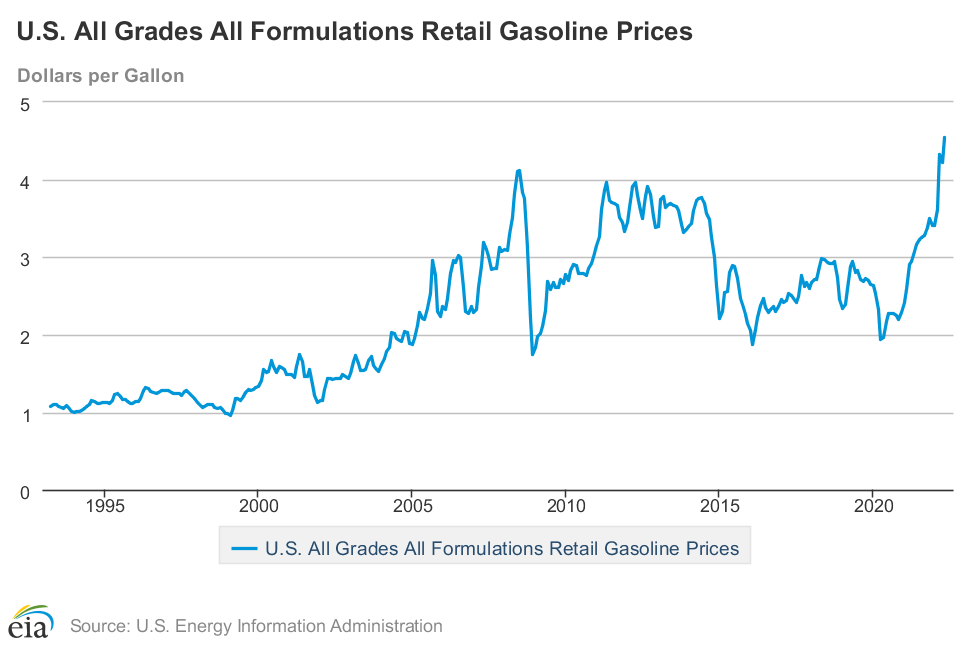
Record-breaking gas prices along with some of the worst inflation in decades are edging many people out of their normal lifestyles.
Those with electric vehicles, hybrids or access to public transit are able to avoid paying $50 to $100 for a tank of gas, but others are struggling to fit transportation into their usual budget.
President Biden announced on June 22 that he would push Congress for a three month suspension of the federal gas tax. The tax suspension would waive the federal gas tax that manufacturers pay, which is currently 18 cents a gallon for gasoline and 24 cents a gallon for diesel.
In a tweet, Senator Mitt Romney echoed former president Barack Obama, who called gas tax holidays a “gimmick” during his presidential run in 2008. Senator Romney wrote, “The problem’s not the 18 cents, it’s the $2.00 hike since last year. While oil price is global, US can impact expectations with much more drilling and pipelines.”
According to the 2020 U.S. census, 25% of Provo lives under the poverty line, which as of 2022 means a single person is making around $10 an hour. Over the weekend, the average gas price in Utah jumped from $5 to $5.17, making a big part of that $10 an hour paycheck.
Aidan Sprickerhoff from Toronto, Canada, said he’s been hit hard by the higher gas prices.
“I feel like I have a lot less money now,” he said. “Last summer I saw gas prices for $3 a gallon and I thought this is probably the highest i’ll ever see gas prices in my life and now they’re at almost like $5 a gallon.”

Jaya Macarilay, a senior at BYU, said driving herself is becoming too expensive.
“Because I live so close to campus I can walk to most places,” she said. “But when I have to go grocery shopping I have to plan my time out to see if it’s worth it to drive.”
Recently, she’s been turning to carpooling and public transportation more, as well as walking where she can.
“If I do need to get anywhere I’ll probably just catch a ride and ask if I can like half pay for gas,” she said. “I’ll use my legs or I’ll use a friend.”
Sprickerhoff said higher gas prices have already made him adjust the way he gets around, and more price increases could mean even more lifestyle changes.
“Carpooling and stuff wasn’t really a thing before I feel like,” he said. “It’s not fun and if it gets to be more expensive maybe I’ll start like biking places.”
Like Macarilay, Haven Cox, a freshman at BYU, uses public transportation because of cost and convenience. “I don’t drive just because it’s like expensive and also parking is not the greatest.”
Cox said she doesn’t think having a car will even be worthwhile if gas prices continue to climb.
“I was actually talking to someone just yesterday and was like, ‘We just need to bring horses back because this is ridiculous,'” she said.




